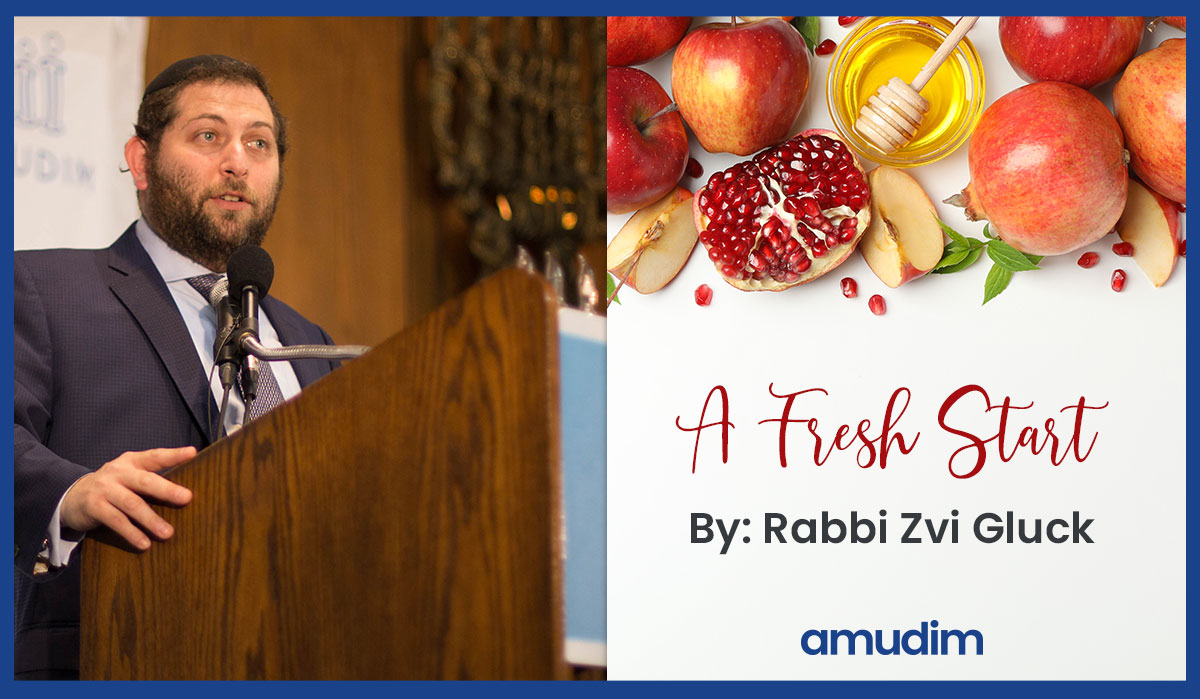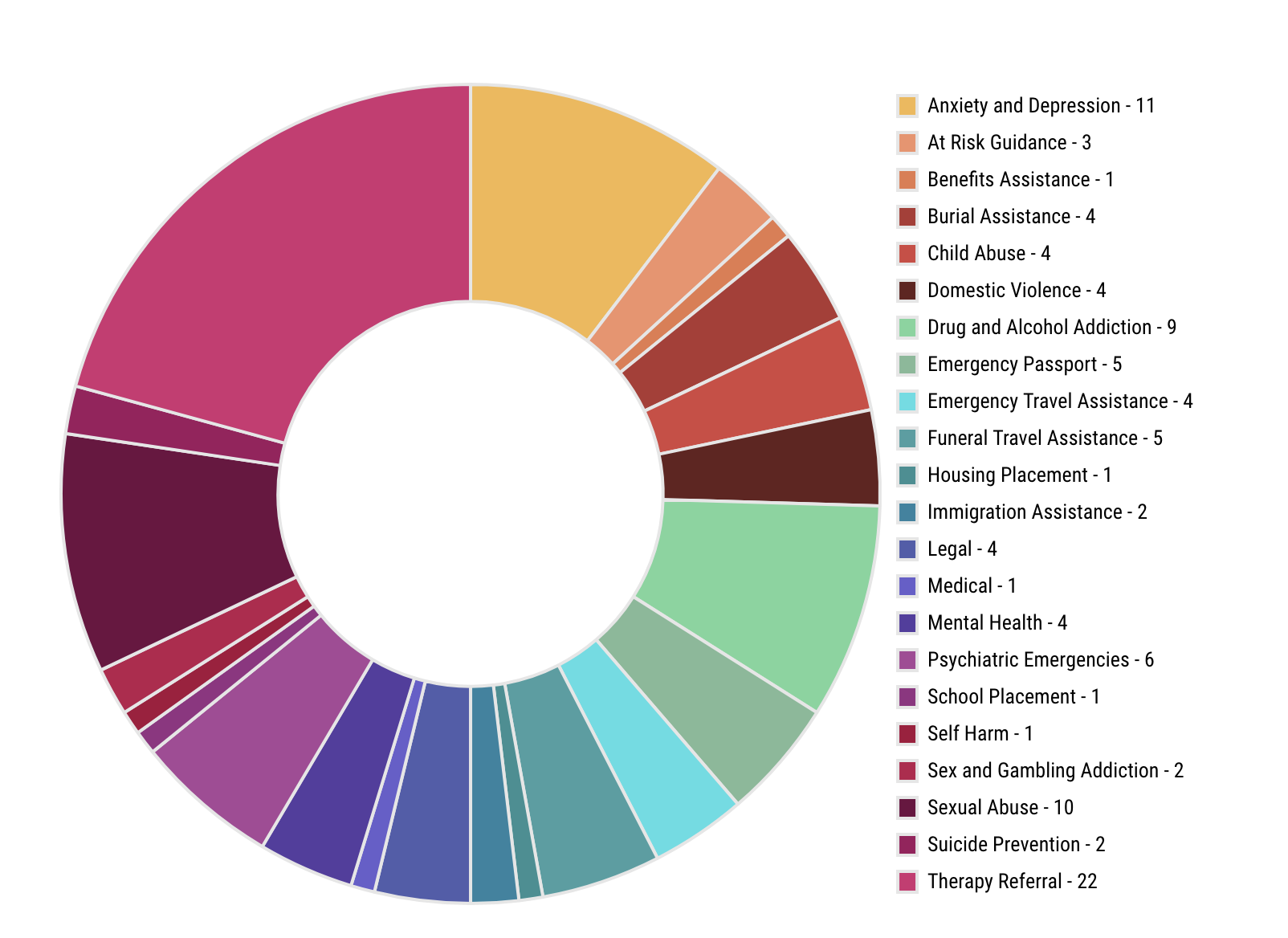
By: Rabbi Zvi Gluck
Ask any kindergartener to tell you what they learned about Rosh Hashana in school, and they will probably regale you with tales of honey-dipped apples, their best shofar imitations and maybe even a few words about Hashem’s sovereignty. But I can’t help but ponder a different component of Rosh Hashana, one that focuses on the concept of new years and new beginnings – the tefila of Tashlich.
Whether you say Tashlich at its intended time on the first day of Rosh Hashana or any point thereafter, its underlying concept remains incredibly powerful. What could be more liberating than the idea of identifying moments over the past year when perhaps we could have done better, and then being able to erase those mistakes by uttering a sincere prayer and symbolically tossing our misdeeds into the water?
The idea of being able to move ahead in a positive direction despite having stumbled previously is very much a part of treatment for those who struggle with addiction. While thankfully people feel more comfortable today seeking help for addictive behaviors than ever before, I have been hearing far too much talk recently about how relapse is an inevitable part of recovery. Let me just put this out there right now. It may be true that 85 percent of people relapse within one year of treatment, but relapse shouldn’t be, nor is it, an unavoidable reality. In truth, seeing such a high rate of relapse is a powerful indicator that treatment alone isn’t enough to cure an addiction, but more accurately, it is a significant step towards recovery, a process that requires a lifetime commitment.
In many ways, realizing that you have an addiction is a lot like being diagnosed with diabetes. Diabetics understand that they will need to take insulin for the rest of their lives and that staying on their meds and regulating their blood sugar is the key to a healthy and productive existence. Similarly, a person struggling with an addiction needs to understand that their illness is also one that requires a lifetime of careful monitoring and management. I believe strongly that failure to understand this point had led to unrealistic expectations, setting the stage for high relapse rates that we are seeing.
It is going to take a communal effort to pull the brakes on this runaway relapse train. Much like we have rallied to help people who need treatment, we as a community need to be there once again for those same individuals when they reach the post-treatment phase, helping them take deliberate action to move ahead towards brighter futures. As we approach Rosh Hashana appreciating that teshuva is a multi-layered process, one that includes elements of regret and a commitment to change, we need to remember that that concept is one that applies equally well to the recovery process.
This year, when you walk away from the water after saying Tashlich buoyed by the opportunity to embark on a new year filled with a clean slate, I ask you to pay that feeling forward by helping someone in recovery chart a clear path toward a brighter tomorrow. Be there for them as they face the inevitable hurdles, whether it is by helping them find a job, driving them to a meeting, further their education or training, or even just offering a listening ear or a friendly smile. Extending a helping hand to someone as they move ahead after treatment is the best possible way to prevent a potential relapse and I can’t think of a better way to start off 5783 than by making a conscious decision to be a positive influence in the life of someone who is starting anew.
Zvi Gluck is the CEO of Amudim, an organization dedicated to helping abuse victims and those suffering with addiction within the Jewish community and has been heavily involved in crisis intervention and management for the past 22 years. For more information go to www.amudim.org.

Each week, Amudim fields calls covering a wide range of crises and addressing various human concerns, including addiction, depression, abuse, health and domestic emergencies and many others. We track the calls and breakdown of issues for many reasons, foremost of which is to consistently improve and strengthen our knowledge and ability to address community’s needs.

